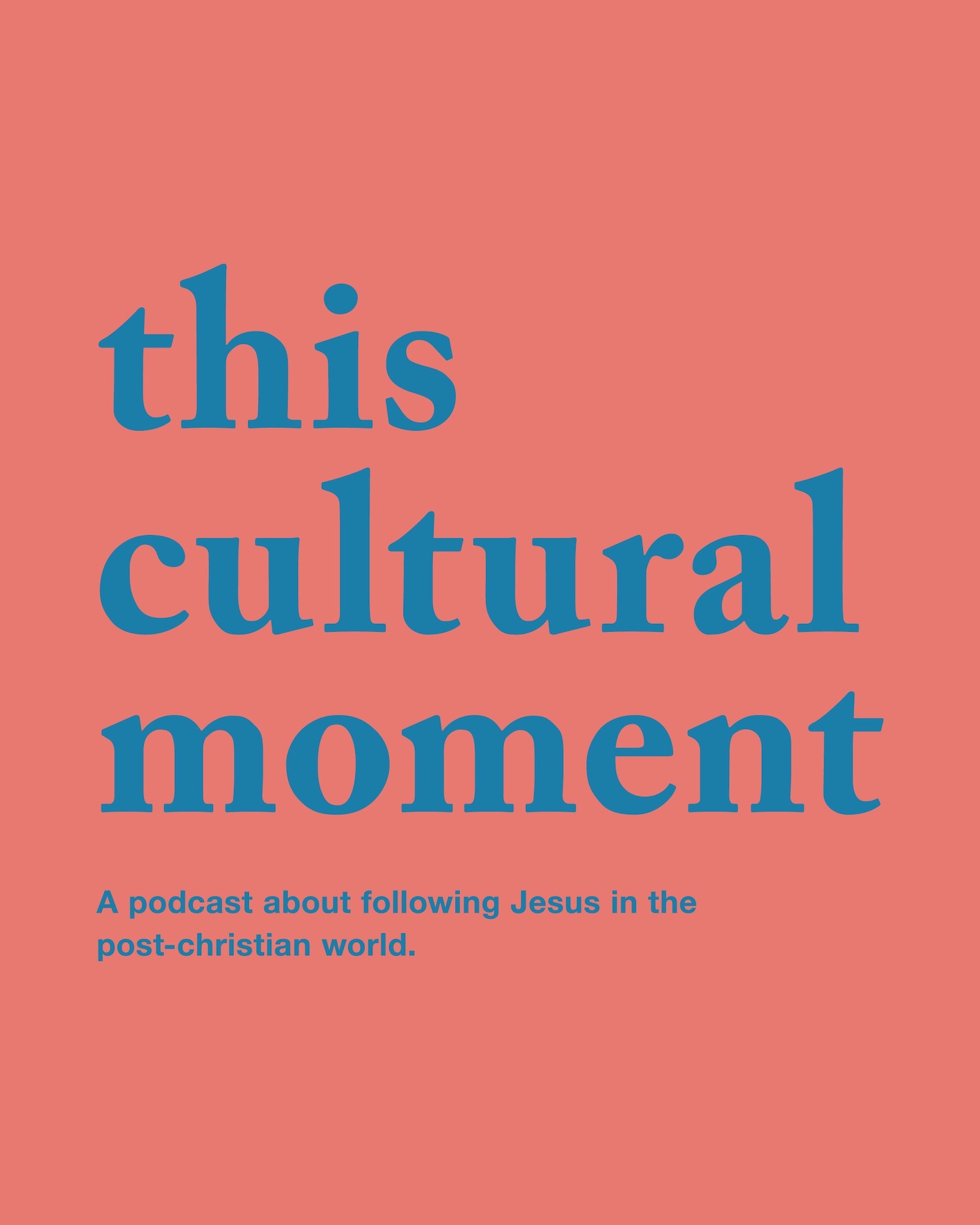This Cultural Moment is a conversation about post-Christian and secular culture. In it, John Mark Comer, an author and pastor at Bridgetown Church in Portland, and Mark Sayers, an author and pastor at Red Church in Melbourne, attempt to provide a sociologically and historically informed commentary on the condition of the Western church, with a focus on those based in highly liberalized, “utopian” cities such as the aforementioned, or somewhere like a London, New York, or Vancouver, etc.
The podcast launched a year ago and has produced three seasons, the last of these finishing in December. Episodes are short, 20–30 minutes.
Though the conversation is constructed around ideas and thinkers respected in both the secular and Christian world (Charles Taylor, Friedrich Nietzsche, Karl Marx, Augustine of Hippo, as the most recognizable), much of the language is unapologetically representative of the perspectives and communities that Comer and Sayers operate within. That’s to say, it may be ostracizing for those who prefer to listen to content that reaffirms dissonant beliefs. Noting that, there is very little to scoff at, and much to ponder.
Contemporary Western Christianity hardly resembles its namesake, or the first century socio-political movement that emerged. From movement, it institutionalized. Over 2,000 years later, the culture that it established has moved on, largely without it, though profoundly impacted by it. This era, in which the faith has bated but the cultural imprint is systemic, is one that increasingly gets pinned as post-Christian, divorced from the religious ideas that it was built on: “the kingdom without the King,” Sayers suggests. In America (which loosely includes Canada) there is sometimes the belief that Christianity reached its height at some point, or that the U.S. was founded on good, solid, Christian ideals, which have since descended into insignificance. Actually, they have grown and waned much more cyclically, Sayers suggests.
The Christian faith only reached its height in North America (in terms of church attendance) in the post-WWII 1950s and ‘60s. In fact, the early settled North America was the most “unchurched” period in North American history. Most of the founding fathers were themselves unitarian universalists, or deists, not adherents to protestant Christianity. It wasn’t until the First Great Awakening, a period of religious revival in the mid-1700s, that church attendance began to grow. By the early 1800s, then again in the late 1800s, the Second and Third Great Awakenings took place, and successively broadened the religion.
For this reason, and many socio-cultural factors discussed, post-Christian society is somewhat of a misnomer. However, the characteristics it aims to define are worth exploring. Ours is largely a secular society, and it likes to treat itself to a loftiness of self-worth. Sometimes this takes the form of defining itself against what it once was: namely, protestant.
The show’s appeal is as commentary. As with most pop-theology and mainstream intellectualism, the content is by no means an attempt to add to the theoretical body from which the hosts draw. Instead, it functions as a sort of café conversation that the audience gets to listen in on. It’s café talk, entertaining yet thoughtful. In form, Comer picks Sayers’ brain, while contributing to the conversation with ideas of his own.
As secularization runs its course, with little or nothing to provide meaning, anxiety and meaninglessness ensue. According to Comer and Sayers, flat whites and brunch, consumerism, and the “religion of politics” have emerged to fill the meaning-making void. It is in this critique that I think the value lies.


